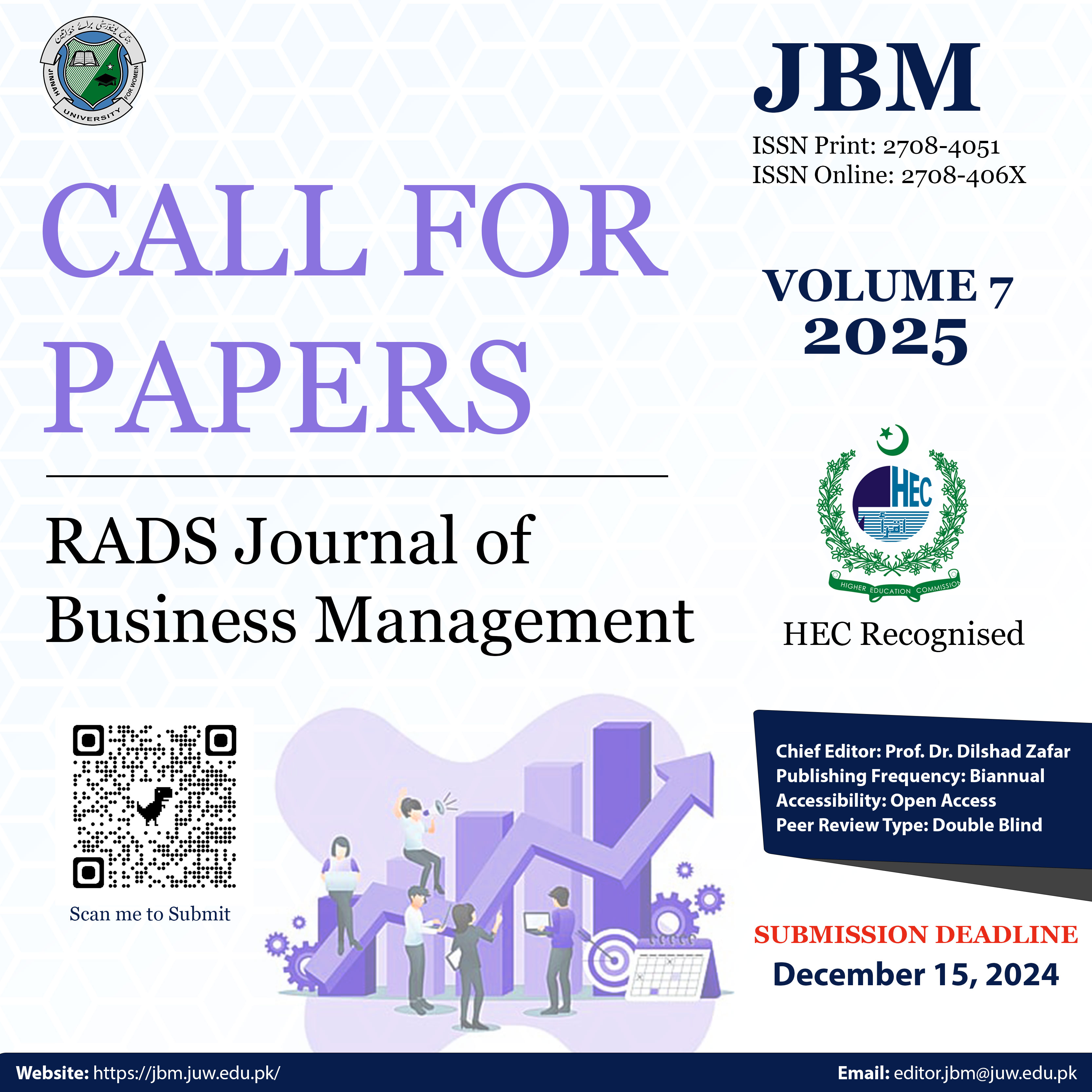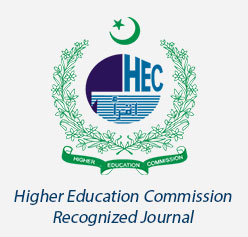Significance of Religious Tendency of Accountants in their Profession: A Qualitative Study of Accounting Education’s Stakeholders
Abstract
Accounting is an integral part of an effective and transparent record of the monetary transactions of individuals and organizations. Accountants influence their religious teachings and create perceptions of various interest groups about organizations based on accounting information. This paper seeks to understand the importance of religious affiliation of accountants in their profession in accounting education stakeholders. The research strategy used the qualitative research approach of grounded theory, where Charmaz's constructivist version was applied. The sample was selected to account for education stakeholders to provide in-depth responses through open-ended interviews. Findings show that Islam guides accountancy, yet accountants do not follow it because of a variety of academic, social, and regulatory factors that lead to manipulation and behavioral malpractice by accountants who have been suggested to take different steps. Results show that stakeholders are fully aware of accounting that can be used to develop policies for education and accounting practice. This study proposed many suggestions for accounting educators, practitioners, and researchers.
The author retains the copyright and grants the right of first publication to the journal.





